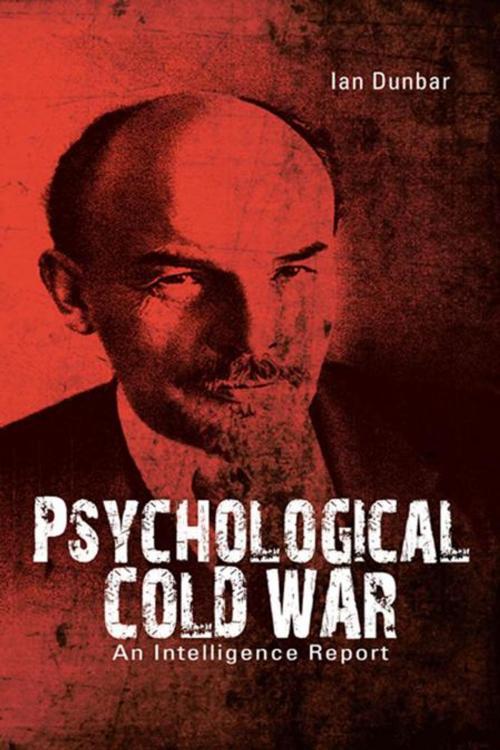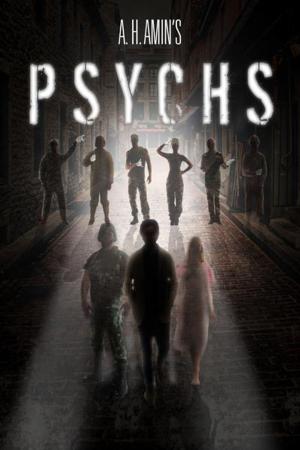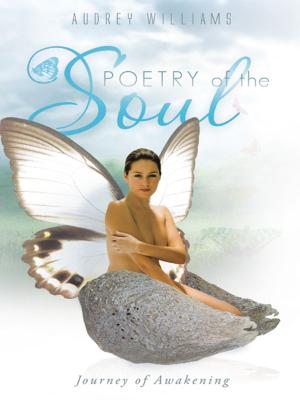Psychological Cold War
An Intelligence Report
Nonfiction, Health & Well Being, Medical, Alternative & Holistic Medicine, Alternative Medicine, Social & Cultural Studies, Political Science| Author: | Ian Dunbar | ISBN: | 9781477234075 |
| Publisher: | AuthorHouse UK | Publication: | October 10, 2012 |
| Imprint: | AuthorHouse UK | Language: | English |
| Author: | Ian Dunbar |
| ISBN: | 9781477234075 |
| Publisher: | AuthorHouse UK |
| Publication: | October 10, 2012 |
| Imprint: | AuthorHouse UK |
| Language: | English |
Ian Dunbar was born in Margate, England, in 1936 and educated at Gillingham Grammar School and Aberdeen University. He graduated M.B.Ch.B. in 1961. His clinical interest was in the problems of general medical practice. Investigations took him first to Canada where he practiced in Regina and later to the Distant Early Warning Line in the Arctic. In effect, this was the military front line of the Cold War. After returning to Britain in December 1965 he became a partner in an NHS practice in West London where he witnessed the ferment of the 'swinging sixties'. He later moved to Kent but retired from active clinical practice in 1973 because of the increasing erosion of clinical freedom brought about by the 1969 Health Service reforms. In 1974 he worked on a Middle East oil field becoming acquainted not only with Palestinian refugees but also the clash of Western and Muslim cultures. As an amateur anthropologist, he explored several of the subcultures in contemporary society and in 1976 spent a month in Brazil visiting Sao Paulo, Goiania and Brasilia. An interest in the psychotoxicity of drugs led to his most important discovery. Political abuse of the subtle side-effects of cannabis and the contraceptive pill were being deployed to promote intellectual Socialism and bring about the collapse of capitalism. This created an unrecognised psychological aspect to the Cold War. This monograph outlines how it was done.
Ian Dunbar was born in Margate, England, in 1936 and educated at Gillingham Grammar School and Aberdeen University. He graduated M.B.Ch.B. in 1961. His clinical interest was in the problems of general medical practice. Investigations took him first to Canada where he practiced in Regina and later to the Distant Early Warning Line in the Arctic. In effect, this was the military front line of the Cold War. After returning to Britain in December 1965 he became a partner in an NHS practice in West London where he witnessed the ferment of the 'swinging sixties'. He later moved to Kent but retired from active clinical practice in 1973 because of the increasing erosion of clinical freedom brought about by the 1969 Health Service reforms. In 1974 he worked on a Middle East oil field becoming acquainted not only with Palestinian refugees but also the clash of Western and Muslim cultures. As an amateur anthropologist, he explored several of the subcultures in contemporary society and in 1976 spent a month in Brazil visiting Sao Paulo, Goiania and Brasilia. An interest in the psychotoxicity of drugs led to his most important discovery. Political abuse of the subtle side-effects of cannabis and the contraceptive pill were being deployed to promote intellectual Socialism and bring about the collapse of capitalism. This created an unrecognised psychological aspect to the Cold War. This monograph outlines how it was done.















